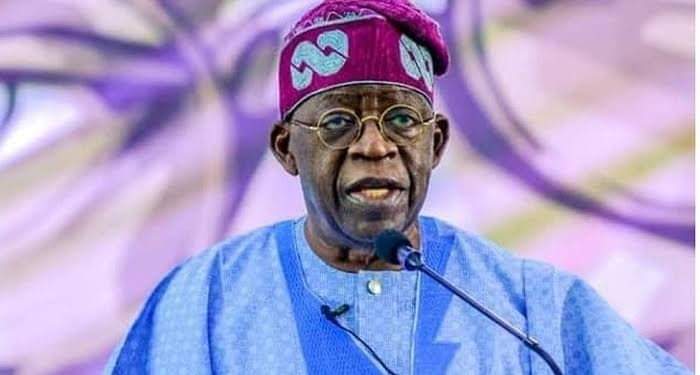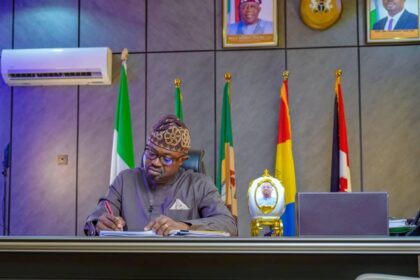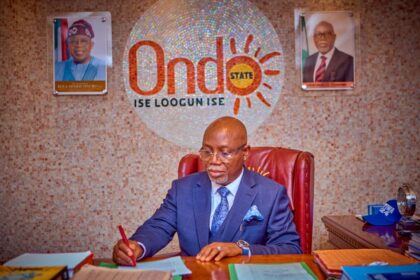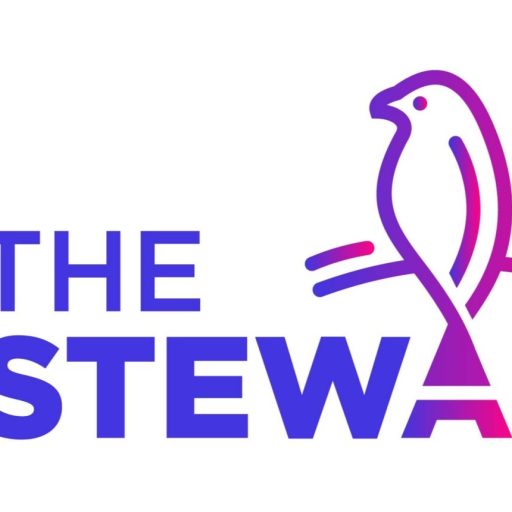President Bola Tinubu in his nationwide broadcast on Monday, tried providing answers to several questions many Nigerians were asking in the face of stifling economic realities caused by recent policies of his government
In the address, Tinubu empathised with Nigerians and also explained why his administration had to take certain hard decisions, saying it was for the greater good of the country.
Here are 13 takeaways from the President’s broadcast:
1. Fuel subsidy that cost the country trillions yearly only benefited some few individuals.
2. Previous administration of President Muhammadu Buhari seeing the danger of continuing with the fuel regime, only made provision for it until June 2023.
3. By removing the subsidy, government is saving N1tn monthly
4. Ending the multiple exchange rates was necessary to correcting the imbalances bedevilling the Nigerian economy.
6. 75 manufacturing enterprises will access a N75bn fund with each accessing N1bn credit at 9% interest rate per annum payable within 60 months for long term loans and 12 months for working capital.
7. From the N125bn conditional grant budgeted for the MSMEs, 1,300 very small businesses will be given N50,000 across 774 local government areas, 100,000 MSMEs will have access to N500,000 and N1,000,000 loan with nine per cent interest rate payable within 36 months.
8. To ensure affordable food for all, both on the short and long terms, government has released 200,000 metric tonnes of grains to households across the country at affordable price.
9. Government will invest N50bn each to cultivate 150,000 hectares of rice and maize, N50bn each will be invested in cultivating 100,000 hectares of cassava and wheat.
10. The already approved Infrastructure Support Fund for States will improve rural roads to aid smooth transportation of farm produce.
11. To ease high transport cost, N100bn will be spent on the purchase of 3,000 units of 20-seater- CNG fuelled buses to be shared amongst major transport companies as well as accessing nine per cent credit facility payable within 60 months.
12. Discussion ongoing on the review of a national new minimum wage for workers. Once agreed, provisions will be made for it in the budget
13. The private sector commended for their interventions in the form of salary raise for workers.















